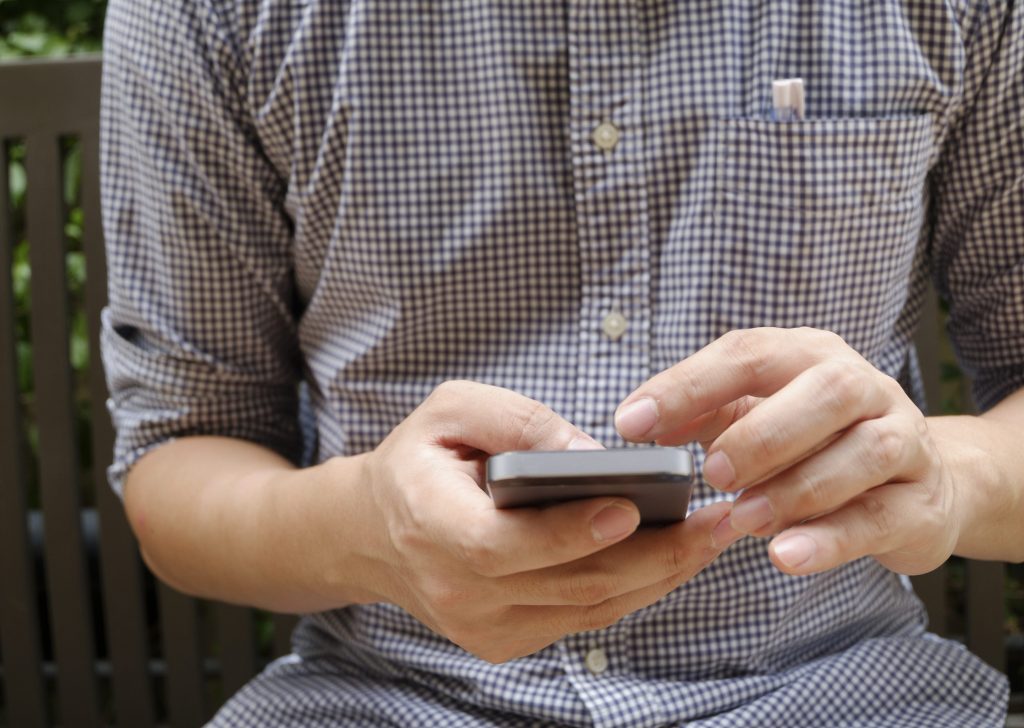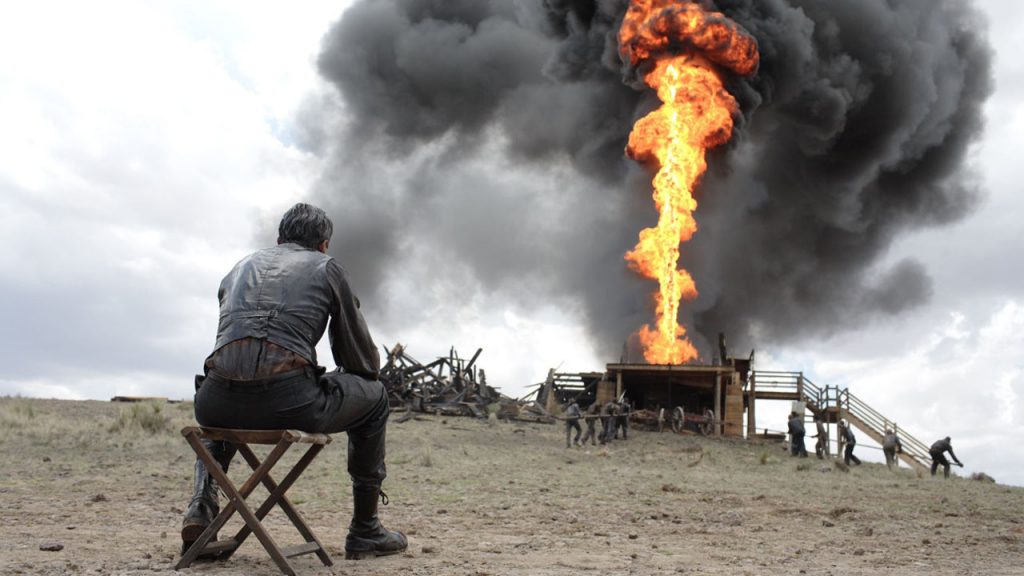A friend of mine’s been insisting I listen to Brene Brown’s new podcast, Unlocking Us, but, instead, I did the opposite and just went on with my life.
This particular friend doesn’t let up, so I reluctantly listened to Brene talk to Celeste Ng and Ibram X. Kendi and Kerry Washington and Alicia Keys and I WAS HOOKED BECAUSE IT’S A REALLY WONDERFUL PODCAST. But I skipped all the psych-heavy episodes because, well, tbh, I thought it’d be neurobunk and patronizing and I’m very busy.
But I was on a run the other day and one of the psych-heavy episodes started autoplaying and before my sweaty fingers could hit the pause button, I started listening.
The episode was about apologizing. Brene had two freaking episodes on apologizing. How TF is there so much to say about this? About something we, women, do as frequently as breath. I’d like the, “How to Stop Apologizing,” episode please and thank you. I’m great at saying sorry, even and especially for sins I did not commit.
So, fine, I started listening.
And I legit had to stop my run to take notes and I’ll tell you why.
OBVIOUSLY, it’s not *just* about apologizing. It’s about how to listen, how to shut up, how to speak up, how to have good boundaries, what to take personal responsibility for (and what not to), and the ungodly amount of self-awareness needed to do this well.
[Also fascinating: a scientific take on why “I’m sorry that hurt your feelings” is as useful of an apology as telling someone to wash their hands with poop.]
TL;DR: You wanna know how to be a good leader: LISTEN TO THE APOLOGY EPISODE(S) WITH DR. HARRIET LEARNER HOLY MOSES.
Ok, so there’s like a million things I want to tell you about the episode, but since we still have no childcare and I’m tired, I’m gonna jump ahead to the main thing I wanted to tell you today, which has to do with the difference between a defensive (failed) apology and productive one.
When someone is coming at you hurling shame and anger (and looking for an apology for something you don’t think you did or you don’t agree was wrong or deserving of an apology) the best way to deescalate the situation is…..WITH CURIOSITY.
(🤯 I KNOW )
When you’re genuinely curious about what the other person is saying instead of protecting your need to be “right,” or getting defensive, you move in the direction of forward progress.
It’s literally that simple. THAT SIMPLE.
And that complicated.
Which is why I’m going to cut and paste that line and repeat it for emphasis:
When you’re genuinely curious about what the other person is saying instead of protecting your need to be “right,” or getting defensive, you move in the direction of forward progress.
This does not mean facts don’t matter (don’t start with me, y’all, DO NOT START WITH ME). It means if we have any hope of reconciling the irreconcilable it starts with being curious.
Stay curious my friends,
Margo
PS: And yes, Dr. Lerner does address the overapology issue I referenced earlier. Turns out over-apologizing, in addition to being a cultural norm for women in America, is a fantastic way to make everything about YOU (aka: a failed attempt to actually, sincerely, courageously apologize).
One other thing that blew my mind was Dr. Lerner’s whole shpiel on how to ACCEPT an apology. The best way to make an apology backfire is to say, “Oh it’s no big deal,” or “Oh, it’s fine, don’t worry about it” or any other statement that minimizes what the other person is trying to take responsibility for. The appropriate thing to say is simply, “I accept your apology.” It keeps them responsible for their behavior and you for yours (specifically for your feelings. You’re responsible for your own feelings. She expands on this in the episode.).
Here’s the link to the Dr. Lerner How To Say I’m Sorry Episode.




